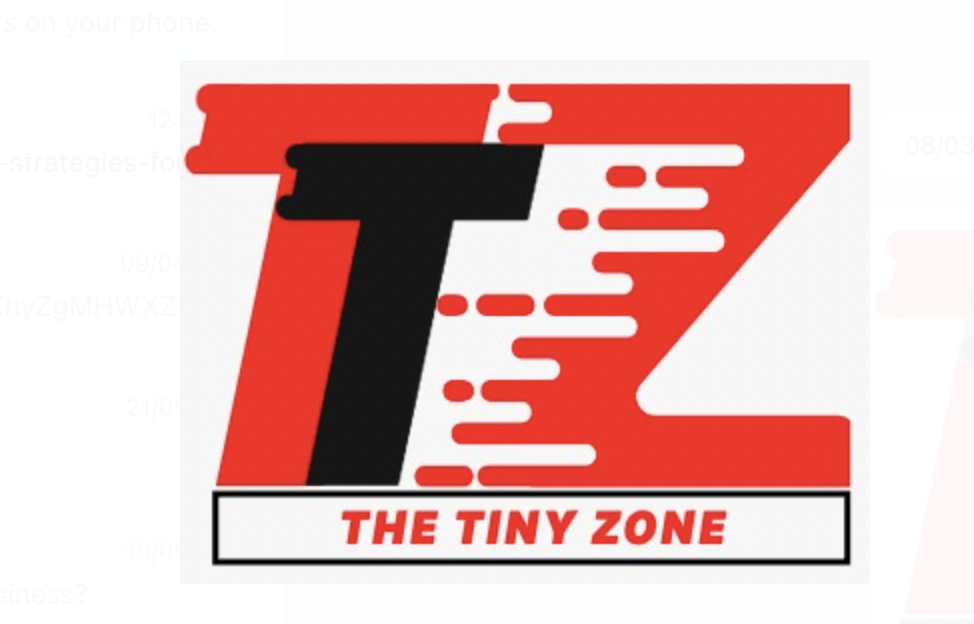As a business owner, complying with payroll regulations is crucial for avoiding costly fines and maintaining a positive reputation. However, navigating the complex world of payroll compliance can be overwhelming.
The compliance is about adhering to all applicable payroll regulations and laws. It includes the timely and accurate payment of wages, withholding and remitting payroll taxes, and adherence to record-keeping requirements. Non-compliance can result in hefty fines, legal action, and damage to the business’s reputation. This article will provide an overview of what businesses need to know about rules and avoiding penalties.
Importance of The Compliance
Ensuring payroll compliance is essential for several reasons:
- It is a legal obligation for businesses to comply with payroll regulations. Failure to do so can result in penalties and legal action, damaging a business’s reputation and financial stability.
- It ensures that employees are paid accurately and on time, improving morale and reducing turnover.
- Maintaining accurate payroll records can help businesses manage their finances and make informed business decisions.
Common Compliance Issues
There are several common compliance issues that businesses may encounter, including:
Keeping Accurate Records
One of the critical requirements is keeping accurate and up-to-date records. These records should include employee information, wages, hours worked, taxes withheld and remitted, and other payroll-related information. Accurate record-keeping can help businesses comply with regulations and provide evidence in case of an audit or legal action.
Failure to comply with overtime regulations
Overtime regulations can be complex, and failure to comply can result in significant penalties. Businesses must comply with federal and state overtime regulations, which typically require payment of 1.5 times an employee’s regular pay rate for hours worked over 40 in a workweek. Employers must also ensure employees are correctly classified as exempt or non-exempt from overtime regulations.
Failure to comply with minimum local and federal laws
Minimum wage laws are another critical aspect. Employers who fail to comply with minimum wage laws may face penalties, fines, and employee lawsuits. Additionally, non-adherence can harm a company’s reputation and complicate attracting and retaining quality employees. Moreover, failing to pay employees the minimum wage can be considered wage theft, which is illegal and can result in significant penalties.
Ways to Ensure The Compliance
Partnering with a Payroll Provider
Partnering with a reliable payroll provider can help businesses ensure adherence. A payroll provider can help manage payroll taxes, ensure adherence to regulations, and provide accurate record-keeping. It can save companies time and resources and ensure they comply with payroll regulations. Many assure payroll expertise, accurate and timely payroll processing, reporting, etc.
Staying up-to-date with payroll regulation
Finally, staying up-to-date with payroll regulations is crucial for ensuring compliance. Laws can change frequently, and staying informed about changes affecting your business is essential. It can be done by attending training sessions, consulting with legal or accounting professionals, and regularly reviewing payroll procedures. Another way to stay updated with payroll regulations is by subscribing to newsletters and other publications that provide updates on any changes in legislation. Maintaining accurate and detailed records of all payroll transactions and ensuring all employees are paid correctly and on time is also essential.
Conclusion
Payroll compliance is crucial for businesses of all sizes. Failure to comply can result in significant penalties and legal action, damaging a business’s reputation and financial stability. Companies can ensure adherence and avoid costly fines by keeping up-to-date with regulations, keeping accurate records, and partnering with a payroll provider.


